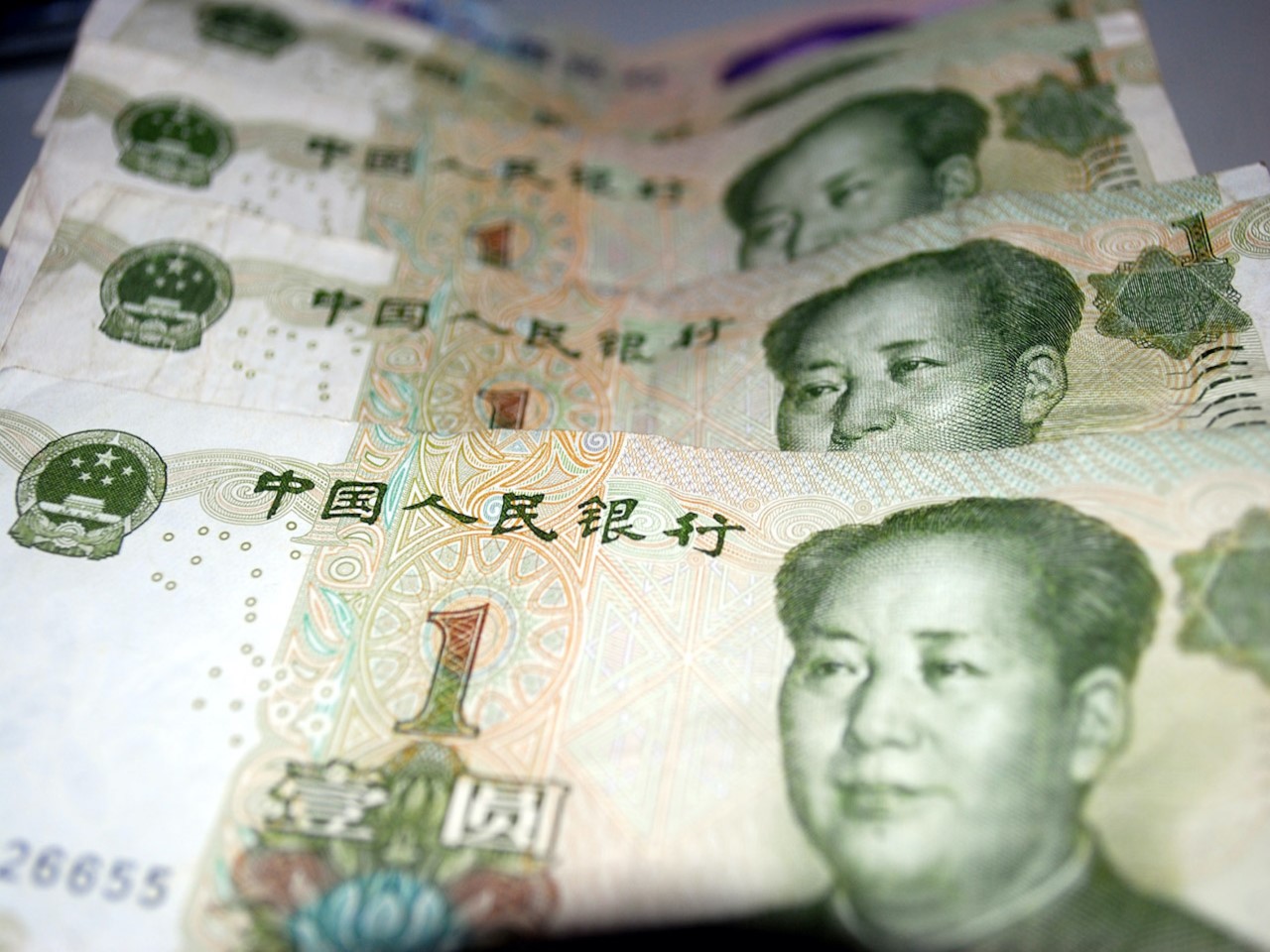The recent turbulence in global stock markets was driven partly by falling oil prices, which may have been welcomed by some nation’s economies. The price of oil has decreased by nearly a quarter since last June, providing global oil consumers with an overall savings of about $1 trillion annually. As a result, many countries that import oil may find that they have increased room in their budgets for spending or tax cuts. However, for OPEC countries, reduced oil revenues could be politically and economically detrimental.
Lower oil prices can be explained largely by a textbook supply and demand analysis. The supply of oil has increased rapidly, mainly because of the development of the shale industry in the United States. As a result the U.S. demand for imported oil has decreased. In response, some OPEC nations such as Saudi Arabia have increased their production of oil to cut prices, hurt American shale producers, and protect their market share in Europe and Asia. Meanwhile, demand for fossil fuels from traditional national consumers in Europe and Asia has decreased, as countries struggle to return to pre-recession economic growth levels. This excess supply combined with a decreased demand has contributed to a lower world price of oil.

Some experts have argued that lower oil prices are a market failure that will inevitably undergo a natural correction. Others have claimed that with alternative methods of oil production like fracking, and new environmental efforts to reduce fossil fuel consumption, lower oil prices could be here to stay. Regardless of how long it lasts, cheap oil has already created problems for OPEC nations. The oil cartel’s members are predominantly Middle Eastern and have controlled global crude prices for the past 40 years. The impact of lower oil prices has had different negative implications for OPEC and non-OPEC countries and those facing some of the worst problems are Venezuela, Iran, and Russia, the world’s largest producer which is not an OPEC member.
The impact of lower oil prices has had different negative implications for OPEC and non-OPEC countries and those facing some of the worst problems are Venezuela, Iran, and Russia.
The wellbeing of Venezuela’s controlled economy is based on high oil prices. Even before the drop in prices, its economy was unstable and in deep financial crisis, struggling to pay off its debts. Inflation is rampant and since the government relies on oil to pay for its imports, the population is currently faced with shortages of everyday foodstuffs. Rough times for Venezuela could spread to other nations like Nicaragua, which relies on the Venezuelan government for cheap oil and financial development.
Meanwhile, in Iran, oil revenue has been a lifeline after sanctions were imposed over Tehran’s nuclear program. Iranian officials have been pressing for an emergency OPEC meeting and have blamed Saudi Arabia for manipulating OPEC sales to keep oil prices down. A continued lack of oil revenue could lead to worsening domestic conditions for the Iranian population, and could fuel hard line extremist groups within the nation.
Russia‘s economy, much like Iran and Venezuela, is primarily funded by energy revenues. Russia’s biggest export by far is oil and gas. President Vladimir Putin has used Russia’s regional monopoly on oil to bolster aggressive foreign policy tactics in Eastern European countries like Ukraine and Georgia. However, these tactics could come to an end as the Russian economy falters and the Ruble starts to lose its value. Putin’s political backing could also come into question if the economy continues to slide. Additionally, Putin may no longer be able to afford his military spending, which up to this point has absorbed 20% of public spending. Recent economic sanctions placed on Russia have made it difficult for the country to borrow money and with the economy weakening, poorer Russians will no longer be able to afford imported consumer goods. Thus, Russia’s lack of oil revenue could foster increased domestic discontent and instability.
In the future, decreasing oil revenues will continue to create international winners and losers. However, we will have to wait and see if the economic benefits of cheap oil outweigh the threat to geopolitical stability, particularly in OPEC countries. Augusta Waldie




